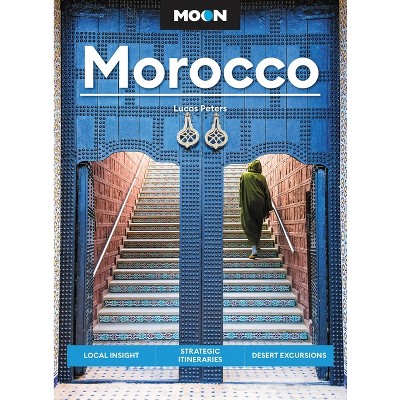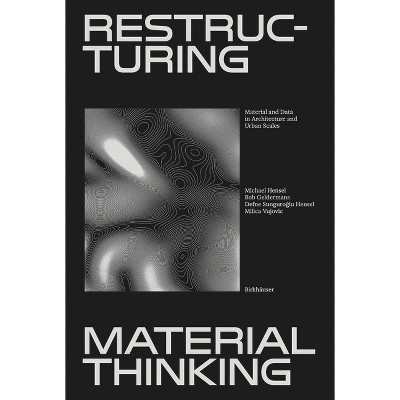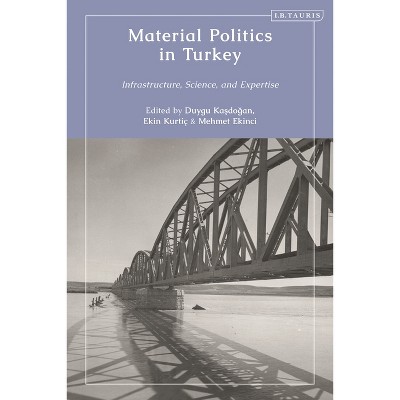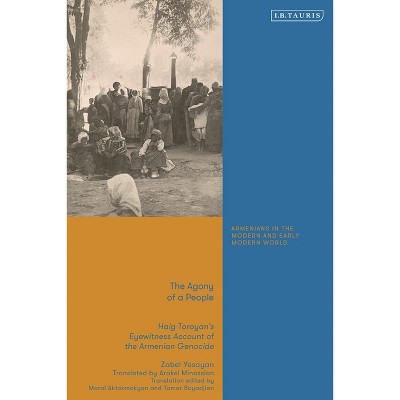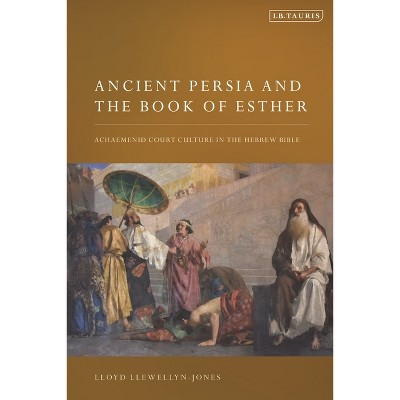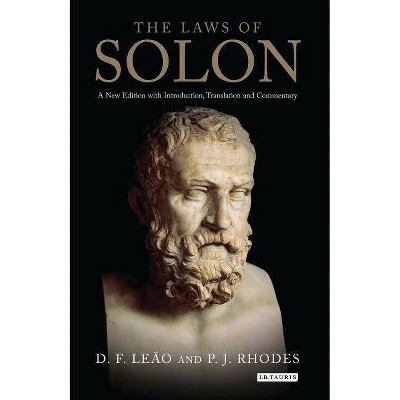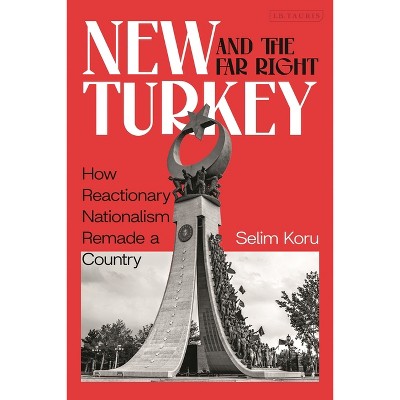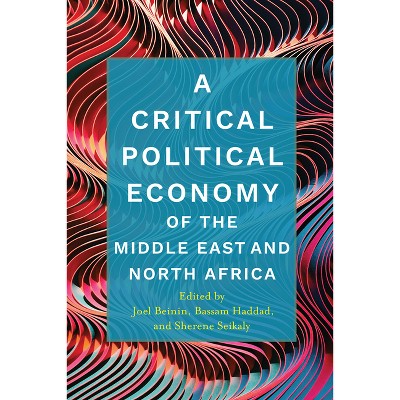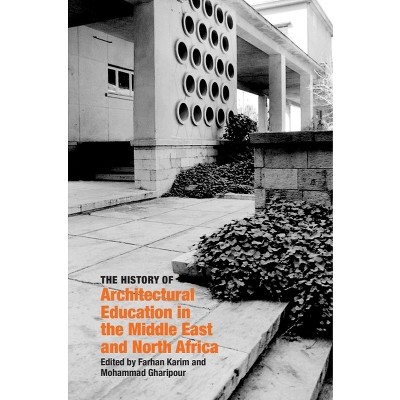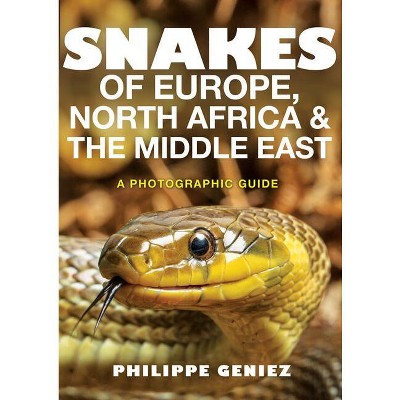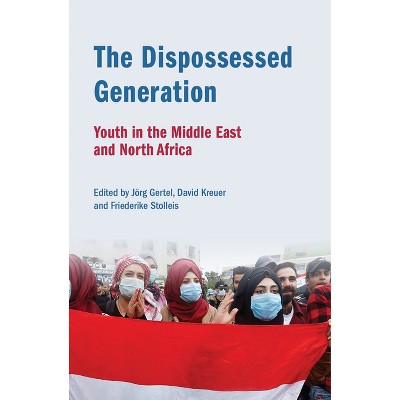Sponsored

Art Against Authoritarianism in Southwest Asia and North Africa - (Political Communication and Media Practices in the Middle East and North Africa)
In Stock
Sponsored
About this item
Highlights
- Over the past decade, there has been a burgeoning interest in the realm of art activism within the Southwest Asia and North Africa region, shedding light on the political implications of aesthetic representation.
- About the Author: Tijen Tunali is an Andrew Mellon Fellow at the Columbia University Global Centers Amman.
- 208 Pages
- Art, Middle Eastern
- Series Name: Political Communication and Media Practices in the Middle East and North Africa
Description
About the Book
Explores the politics and aesthetics of 'artivism', resistance and creative spaces against authoritarianism and oppression in Turkey, Algeria, Tunisia, Jordan, Syria, Iran, Morocco, Egypt. Lebanon and Sudan.Book Synopsis
Over the past decade, there has been a burgeoning interest in the realm of art activism within the Southwest Asia and North Africa region, shedding light on the political implications of aesthetic representation. Nevertheless, a critical inquiry into how political aesthetics can formulate both discernible and imperceptible resistance strategies in response to resurging authoritarianism and counter-revolution after the 2011 uprisings in the region remains conspicuously absent.
This book delves into a comprehensive examination of diverse art forms, ranging from street art and cinema to performance art, as well as music and theatre, scrutinizing the manifestations of aesthetic resilience at the epicentre of the political resistance against oppression and authoritarianism in Sudan, Iran, Egypt, Tunisia, Algeria, Morocco, Lebanon, Yemen and Syria. The editors employ a multifaceted approach to investigate artistic activism, encompassing analysis of visibility, ephemerality, and speech within the public sphere, the establishment and perpetuation of collective transnational solidarities, the portrayal of suppressed identities and narratives, and the innovation of alternative mechanisms for producing and disseminating art.Review Quotes
"Looking at the complex interaction of aesthetics and politics, this volume investigates the emancipatory power of radical art. With a focus on the two waves of uprisings in the Swana region in the years 2010s, the authors show how artistic performances of different types and following genres are developed and spread in the streets, on the walls or in the internet, catalyzing resistance to authoritarianism, but also to neoliberal capitalism, militarism and colonialism. An important book to read for social movement scholars." --Donatella della Porta, Professor, Scuola Normale Superiore, Italy
About the Author
Tijen Tunali is an Andrew Mellon Fellow at the Columbia University Global Centers Amman. She is the editor of Art and Gentrification in the Changing Neoliberal Landscape (2021) and co-editor of Contemporary Art Across Political Divides: Difficult Conversations (2023).
Josepha Wessels is an associate professor in Media and Communication Studies at the School of Arts and Communication at Malmö University, Sweden. She is the author of Documenting Syria: Film-making, Video Activism and Revolution (2019, I.B.Tauris).Shipping details
Return details
Frequently bought together


Guests also viewed

Discover more options
